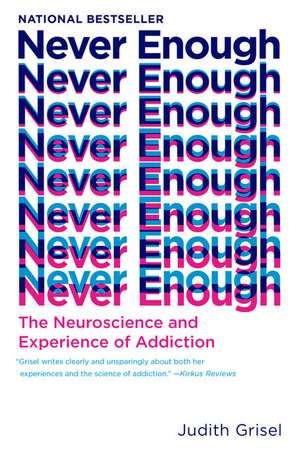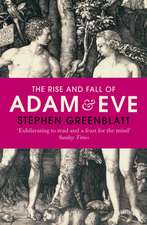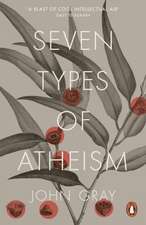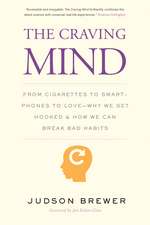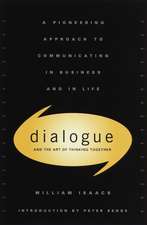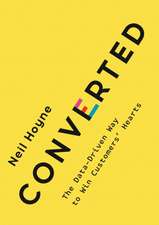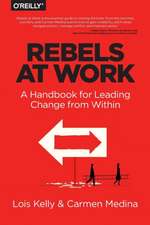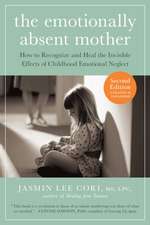Never Enough
Autor Judith Griselen Limba Engleză Paperback – 14 ian 2020
- An unputdownable look at the truth about addiction through the dual lenses of an addict and a scientist ¿ who happen to be one and the same person.
- For readers of Chasing The Scream by Johann Hari, the books of David Nutt, and The Biology of Desire by Marc Lewis.
| Toate formatele și edițiile | Preț | Express |
|---|---|---|
| Paperback (2) | 69.50 lei 3-5 săpt. | +8.64 lei 5-11 zile |
| Scribe Publications – 8 aug 2019 | 69.50 lei 3-5 săpt. | +8.64 lei 5-11 zile |
| Random House LLC US – 14 ian 2020 | 97.02 lei 3-5 săpt. | +21.82 lei 5-11 zile |
Preț: 97.02 lei
Nou
18.57€ • 20.18$ • 15.61£
Carte disponibilă
Livrare economică 31 martie-14 aprilie
Livrare express 15-21 martie pentru 31.81 lei
Specificații
ISBN-10: 0525434909
Pagini: 241
Ilustrații: 15 ILLUSTRATIONS IN TEXT
Dimensiuni: 130 x 203 x 27 mm
Greutate: 0.26 kg
Editura: Random House LLC US
Colecția Anchor Books
Notă biografică
Descriere
A former drug addict turned behavioural neuroscientist reveals how drugs work in the brain - and what we can do to fight addiction. Judith Grisel was a daily drug user when she began to consider that her addiction might have a cure, one that she herself could perhaps discover by studying the brain. Now, after twenty-five years as a neuroscientist, she shares what she and other scientists have learned about addiction, enriched by captivating glimpses of her personal journey.
In Never Enough, Grisel reveals the unfortunate bottom line of all regular drug use: there is no such thing as a free lunch. All drugs act on the brain in a way that diminishes their enjoyable effects and creates unpleasant ones with repeated use. Delving into the science of one of the world's most pressing health problems, she reveals what is different about the brains of addicts even before they first pick up a drink or drug, and highlights the changes that take place in the brain and behaviour as a result of chronic using.
With compassion and clarity, Grisel describes what drove her to addiction, what helped her recover, and her belief that a 'cure' for addiction will not be found in our individual brains but in the way we interact with our communities.
